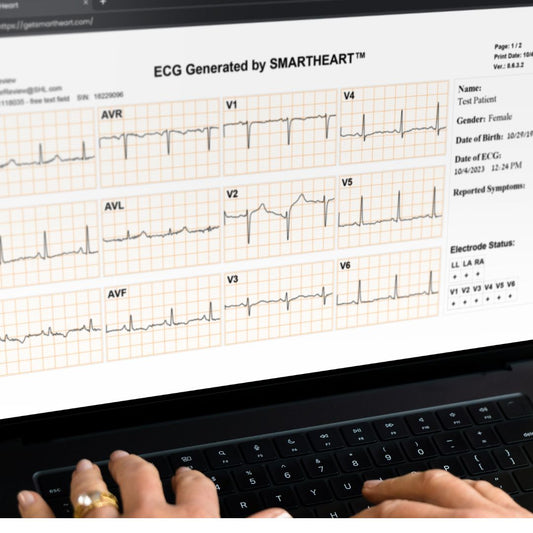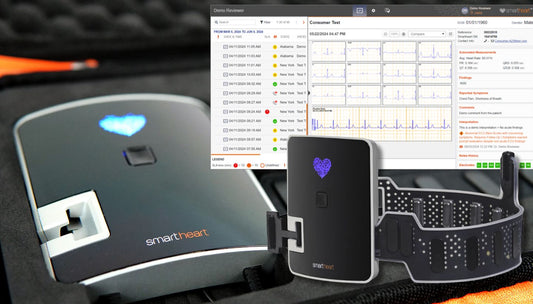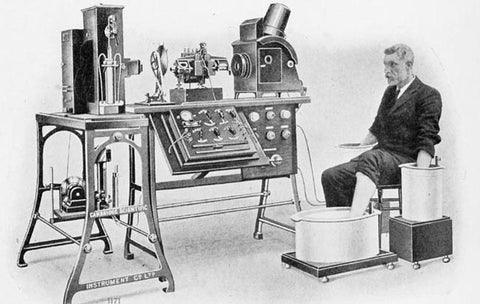Genetic Influences on Heart Disease: A Critical Overview
Our genetic blueprint plays a pivotal role in determining our susceptibility to cardiac heart disease (CHD). Variations in our genetic code, from chromosomal anomalies to single-gene mutations, profoundly influence our heart health. While some genetic changes linked to CHD are inevitable, understanding these genetic underpinnings can significantly enhance disease management and quality of life for affected individuals.
Genetic Abnormalities and Heart Development in Embryos
Heart development in embryos is sensitive to genetic mutations which may lead to congenital heart disease (CHD). Despite the grim statistics suggesting a connection between genetic defects and CHD, the actual risk of severe genetic disorders in children with CHD is relatively low. This emphasizes the importance of prenatal cardiac health monitoring and genetic counseling for prospective parents.
Twin Studies Illuminate Genetic Links to Heart Disease
Twin studies provide invaluable insights into the genetic basis of heart disease, contrasting heart disease outcomes in monozygotic (identical) and dizygotic (fraternal) twins. These studies highlight the significant role genetics play in cardiovascular health and underscore the necessity for those with a family history of heart disease to take preventive measures.
Preventing Heart Disease: Proactive Measures Save Lives
Advancements in prenatal and neonatal cardiology allow for early detection and intervention for CHD, dramatically improving outcomes. Home monitoring with devices like SmartHeart’s personal ECG and professional care coordination can help manage heart health from infancy to adulthood. Utilizing SmartHeart technology can empower patients to detect critical changes in heart function and seek timely medical intervention.
Genetics and Heart Disease Management
Understanding the genetic factors in heart disease is crucial for developing effective preventive and management strategies. With modern tools like portable ECG devices and comprehensive genetic screenings, individuals at risk can actively manage their cardiac health, ensuring better outcomes and a healthier future.

































